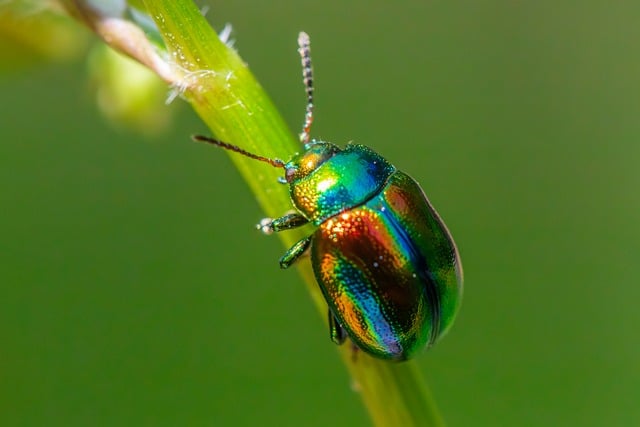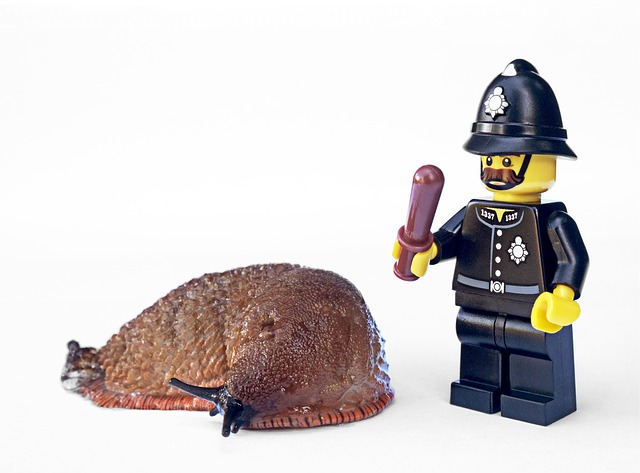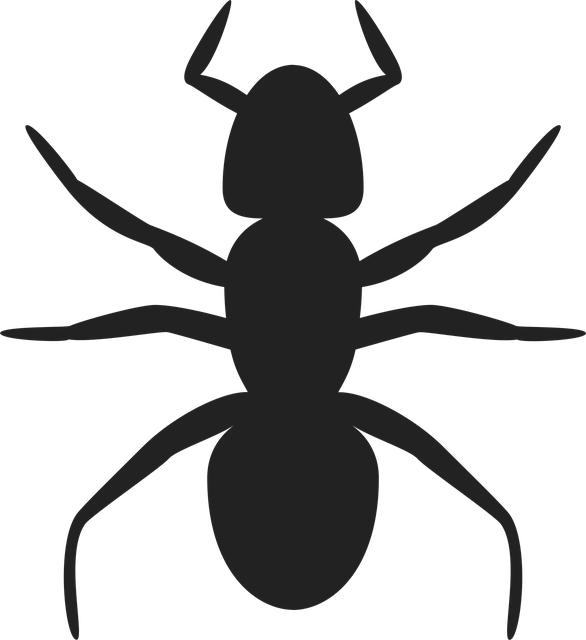Littleton homeowners can effectively manage garden pests using organic methods that prioritize environmental safety and health. This includes natural prevention techniques, encouraging beneficial insects, composting, using herb deterrents, companion planting, and sparingly applying organic pesticides like neem oil and soap-based formulations. By adopting these sustainable practices, gardeners foster ecological balance while enjoying healthier, vibrant gardens.
Tired of pesky pests in your Littleton garden? Discover the power of organic pest control, a safe and effective approach for home gardeners. This article guides you through understanding the fundamentals of organic pest management, explores common natural solutions tailored to Littleton’s unique ecosystem, and provides practical tips for implementation and maintenance. Embrace a greener, healthier garden without sacrificing effectiveness.
- Understanding Organic Pest Control for Home Gardens
- Common Organic Solutions for Garden Pests in Littleton
- Implementing and Maintaining Organic Pest Management Practices
Understanding Organic Pest Control for Home Gardens

Organic pest control for home gardens in Littleton involves using natural methods and products to manage and eliminate pests, minimizing the use of synthetic chemicals. This approach is gaining popularity among homeowners due to its environmental friendliness and health benefits. By understanding organic pest control principles, you can create a balanced ecosystem in your garden that promotes plant health while safely dealing with unwanted intruders.
In Littleton, where diverse plant life thrives, organic pest solutions focus on prevention, beneficial insects, and targeted treatments. Prevention techniques include proper planting strategies, crop rotation, and maintaining excellent soil health. Encouraging the presence of natural predators like ladybugs and lacewings helps keep pest populations in check. When needed, organic pesticides derived from plants or minerals can be applied, ensuring minimal harm to beneficial organisms and the environment.
Common Organic Solutions for Garden Pests in Littleton

In the quest for organic pest control for home gardens in Littleton, several effective solutions emerge that harmonize with nature. One popular method involves introducing beneficial insects like ladybugs and lacewings which feed on garden pests, offering a natural predator approach. Composting is another powerful tool; by enriching the soil with organic matter, plants become healthier and more resistant to common pests. Additionally, certain herbs such as mint, basil, and rosemary act as natural deterrents, repelling insects with their strong aromas.
Planting companion plants strategically around the garden is a time-honored practice. Certain flowers like marigolds and lavender not only add aesthetic appeal but also repel harmful insects. Organic pest solutions in Littleton also encourage the use of organic pesticides made from ingredients like neem oil, which has insecticidal properties, and soap-based formulations that disrupt pest cell membranes without harming beneficial insects or the environment. These methods collectively promote a balanced ecosystem within home gardens, fostering a healthier and more sustainable outdoor space.
Implementing and Maintaining Organic Pest Management Practices

Implementing organic pest management practices is a sustainable and eco-friendly approach to maintaining a healthy home garden in Littleton. It involves utilizing natural methods and products to control pests, minimizing the use of synthetic chemicals. Start by identifying common garden pests and their habits; this knowledge will help you employ targeted strategies. For instance, companion planting can deter certain insects, while introducing beneficial insects like ladybugs or lacewings can naturally curb pest populations.
Regular monitoring is key to successful organic pest control. Check plants for signs of damage or infestation early on. Encourage a diverse ecosystem by diversifying plant species and maintaining proper garden hygiene. Remove affected plants promptly and ensure good air circulation. Organic solutions, such as neem oil, soap-based insecticides, or natural repellents like garlic and pepper sprays, can be used as needed, always following product instructions for safety and effectiveness.
Organic pest control for home gardens in Littleton offers a sustainable and environmentally friendly approach to managing garden pests. By understanding the principles of organic pest management and utilizing common, natural solutions, residents can create thriving, healthy gardens without resorting to harmful chemicals. Implementing these practices not only benefits local ecosystems but also ensures a safer, more vibrant outdoor space for families and communities.
